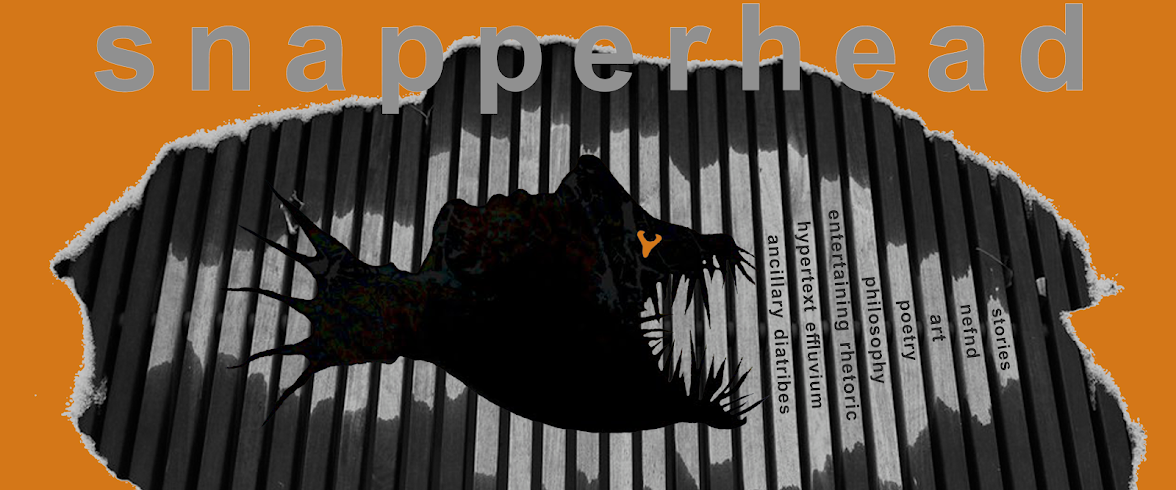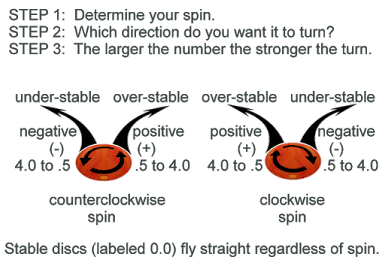The past does not exist—for, by its definition—it is merely a record of what once happened (even if that record is merely a mental remembrance of a soon-to-be-forgotten something from a few seconds ago); and the future, also, is equally nonexistent, no-matter that you wrote down an agenda or list of goals to remind you, and no matter that you began the last [pick as many as apply: lap, year, semester, contract, relationship, et cetera] with a belief that you would continue to accomplish the plan to complete it when the time came. You only do what you do because you chose to, at the moment, during the moment.
The moment varies depending on relative perspective. When I began meditation at 1300 and completed that session at 1500 I am now able to consider those were, collectively: two-hours of moments . . . but it seems more accurate (to me) to be a single moment-in-entirety; a two-hour event which contained one long moment (and inhabits a single, but complexly-jammed-with-information event of recollection, which I was vaguely aware of for a euphoric amount of "walking-along-a-ridgeline-never-climbing-cliffs-enjoying-beautiful-plateaus" kind of thing). Which is all that those memories of thoughts jangling around in emotions are able to relay to the me-part of me, which holds in the cubbyhole labelled 'memories of meditation'. All this is now something which happened behind my closed eyes. Only. Existed for me, only. Invisible forever. Never real. And there's the whole point! If the only things which are real are those things a live person can hold in their hand . . . what is this digital-only essay of my story's relationship to you-the-reader? Annnnd. What is its actual relationship with me?
And when I decided to begin a (this) new paragraph, instead of just including this information in a third sentence of the last paragraph, that moment lasted less than a fraction of a fraction of a fraction of a second before I tapped the return key with the ring-finger of my right hand. To consider the current moment which you are experiencing, one must first choose to do so. My suggestion (mini challenge!) is that at the end of this paragraph you close your eyes and listen to any sounds which you might be able to hear. While listening, inhale in order to pay attention to any scents available to be identified. This should take you no less than a ten breath-cycle, but it will take as long as you wish (obviously).
The moments we decide to not think about anything—except the space between our memories and plans; outside of our fantasies and wishful dreams; not thinking only letting time happen while maintaining conscious attention on the null everything outside of the part that listens and smells—that is what it means to be 'being'. Once you wonder-conclude if-that lapse of breaths and scents and sounds and clicks of the clock in the next room, also, maybe-does not exist.
Your, my, every brain's of every living thing's memory of past moments (and that includes every memory of planning things for the future) are only thoughts and are not ever "real". The fraction of a moment (no matter how long it feels in our memory) only exists in our memory. We only perceive the event after it is finished being perceived.
I chose to snap my fingers. I pressed an index finger and thumb of my dominant hand together with sufficient pressure to cause the index finger to accelerate-slip off the thumb and slap into my palm which caused a clicking sound. I remember doing it. I also remember feeling the tightening of hand and finger muscles, the slight vibration of stinging skin-contact, and a slight creak in my elbow. Those things did happen. In my mind. I am conscious of all of the above; I am certain of that because I am able to plan an event as simple as a finger-snap, and execute that plan, and remember its effects. Because of all that I am told by other thinkers that I am an independent agent. A person who thinks and acts with free will.
If: consciousness is everything; and the ability to take advantage of the slow awareness of the experience of the linked-together-moments, so-as-to be able to continue to survive (eat, sleep, procreate) is the "snake-eating-its-own-tail" reason/purpose for it-all.
Then: consciousness (of every energy within all of consciousness) is all that there is; and it is, as well, the 'reason why' all of the past (singular) and all the future (singular) have been taken advantage-of and for-granted.
This feels like a paradox. Even though it sounds like the seconds on the wall clock and smells of the candle at my side.

.jpg)








































